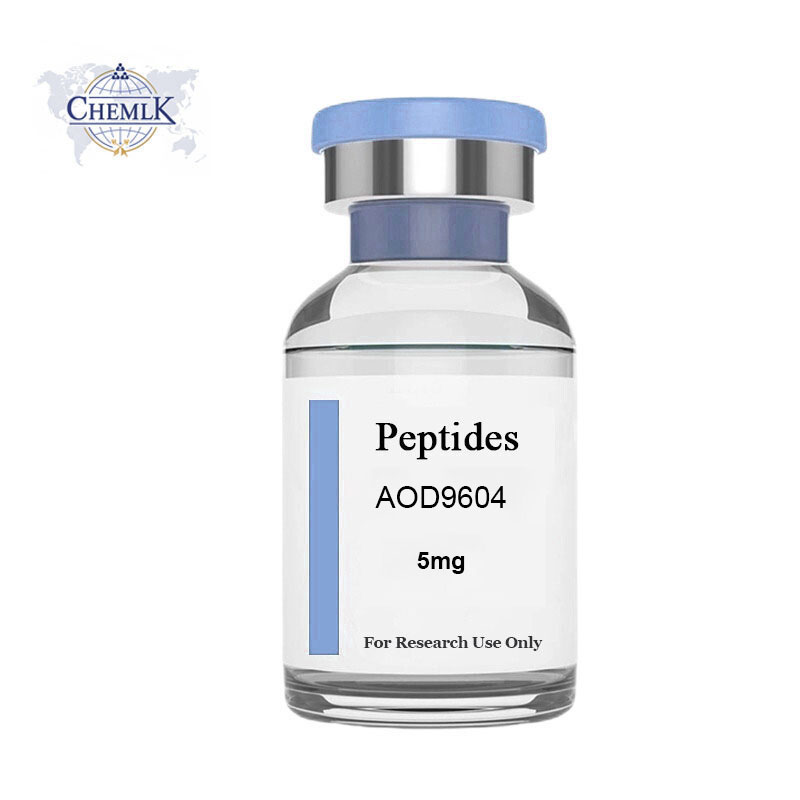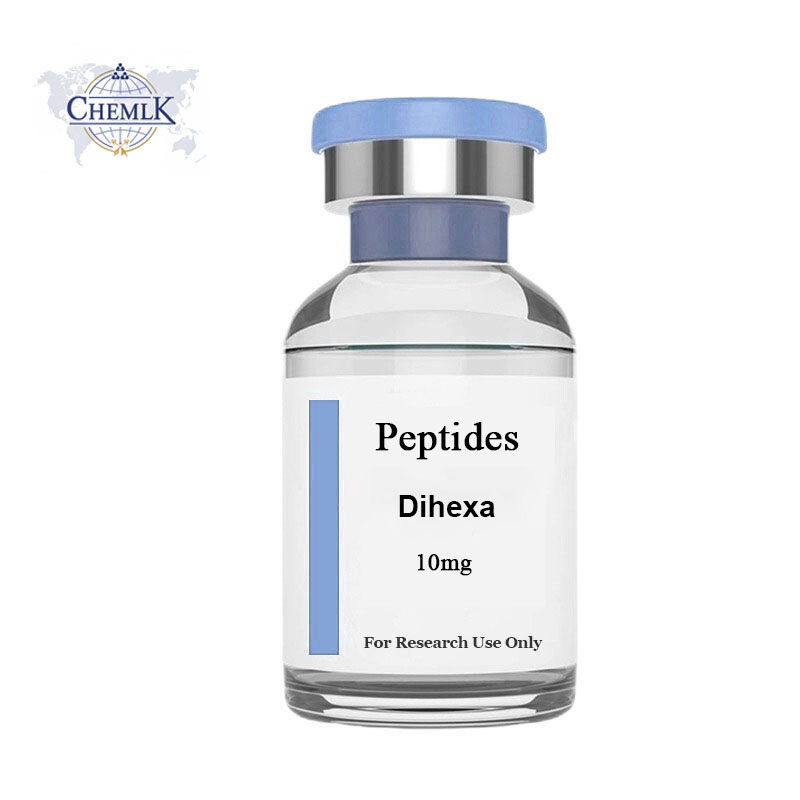Introduction
In the quest for effective weight loss solutions, peptides have emerged as a promising frontier in modern health science. These short chains of amino acids play crucial roles in various physiological processes, including metabolism, appetite regulation, and fat oxidation. As research continues to expand, the use of peptides in weight management has gained significant attention. This article delves into the science behind peptides, their mechanisms of action in weight loss, and how they can be effectively integrated into a healthy lifestyle.

What Are Peptides?
Peptides are naturally occurring biological molecules composed of amino acids linked by peptide bonds. They serve as the building blocks of proteins and play essential roles in cellular function. In the human body, peptides act as signaling molecules, influencing processes such as hormone release, immune responses, and metabolic regulation.
Different types of peptides exist, each with unique functions. Some peptides promote muscle growth, while others enhance fat metabolism or regulate hunger. In recent years, researchers have identified specific peptides that contribute to weight loss, leading to their increasing popularity in the fitness and wellness industries.
How Peptides Aid in Weight Loss
Peptides contribute to weight loss through several mechanisms, including boosting metabolism, reducing appetite, and enhancing fat oxidation. Here are some of the most studied peptides for weight management:
1. Growth Hormone Secretagogues (GHSs)
Growth hormone secretagogues, such as Ipamorelin and CJC-1295, stimulate the release of human growth hormone (HGH). HGH plays a crucial role in fat metabolism, muscle growth, and energy expenditure. By increasing HGH levels, these peptides promote lipolysis (fat breakdown) and enhance muscle development, making them valuable tools for individuals seeking fat loss and improved body composition.
2. GLP-1 Receptor Agonists
Glucagon-like peptide-1 (GLP-1) receptor agonists, including Semaglutide and Tirzepatide, have gained recognition for their ability to regulate blood sugar levels and suppress appetite. These peptides mimic the function of GLP-1, a hormone that enhances insulin secretion and slows gastric emptying, leading to prolonged satiety and reduced calorie intake. Studies have shown that GLP-1 agonists can significantly aid in weight loss by curbing hunger and promoting healthier eating habits.
3. Melanocortin Peptides
Melanotan II and other melanocortin peptides influence the brain’s regulation of hunger and energy balance. By targeting the melanocortin receptors, these peptides can suppress appetite and increase energy expenditure, contributing to overall weight loss.
4. BPC-157
Although primarily known for its regenerative and healing properties, BPC-157 has shown potential in modulating gut health and metabolic function. A healthy gut microbiome is essential for effective digestion and nutrient absorption, both of which influence weight management.
The Science Behind Peptides and Fat Loss
Peptides aid in weight loss by influencing the body’s endocrine and metabolic systems. The primary ways they achieve this include:
- Enhancing Lipolysis: Certain peptides activate pathways that promote the breakdown of stored fat into usable energy.
- Regulating Appetite: Some peptides interact with hunger-regulating hormones like ghrelin and leptin, helping control food intake.
- Boosting Metabolism: Increased HGH levels and improved mitochondrial function lead to higher energy expenditure, even at rest.
- Improving Insulin Sensitivity: GLP-1 receptor agonists enhance insulin efficiency, reducing fat accumulation and promoting better blood sugar control.
Peptide Therapy for Weight Loss
For individuals considering peptide therapy for weight loss, it is crucial to approach it under medical supervision. Peptides can be administered via injections, oral supplements, or transdermal applications, depending on the specific peptide used.
Considerations for Peptide Use:
- Consult a healthcare professional before beginning any peptide regimen.
- Combine peptides with a healthy diet rich in proteins, healthy fats, and fiber to maximize results.
- Engage in regular exercise, including strength training and cardiovascular activities, to enhance fat loss and muscle retention.
- Monitor progress and adjust dosages as needed to achieve optimal benefits while minimizing side effects.
Potential Risks and Side Effects
While peptides offer promising benefits for weight loss, they are not without risks. Some common side effects may include:
- Nausea and digestive discomfort (especially with GLP-1 agonists)
- Fatigue or changes in energy levels
- Hormonal imbalances if misused
- Potential long-term unknown effects due to limited research
To mitigate risks, it is essential to use peptides responsibly and under the guidance of a qualified healthcare provider.
Future of Peptides in Weight Management
As scientific research on peptides advances, their role in weight management is expected to become more refined and personalized. The development of new peptide-based therapies may offer safer and more effective options for individuals struggling with obesity or metabolic disorders.
Emerging technologies, such as AI-driven diagnostics and precision medicine, could further optimize peptide therapy by tailoring treatments to individual genetic and metabolic profiles. This personalized approach has the potential to revolutionize how weight loss is achieved and sustained in the future.
Conclusion
Peptides represent an exciting and evolving area of weight loss science, offering a promising alternative for individuals seeking effective fat-burning solutions. By influencing metabolism, appetite, and hormone regulation, peptides can enhance weight loss efforts when combined with a balanced diet and regular exercise.
While peptide therapy is not a magic bullet for weight loss, it can be a valuable tool in a comprehensive health and wellness strategy. As research continues to unfold, peptides may play an increasingly significant role in combating obesity and improving metabolic health worldwide.















